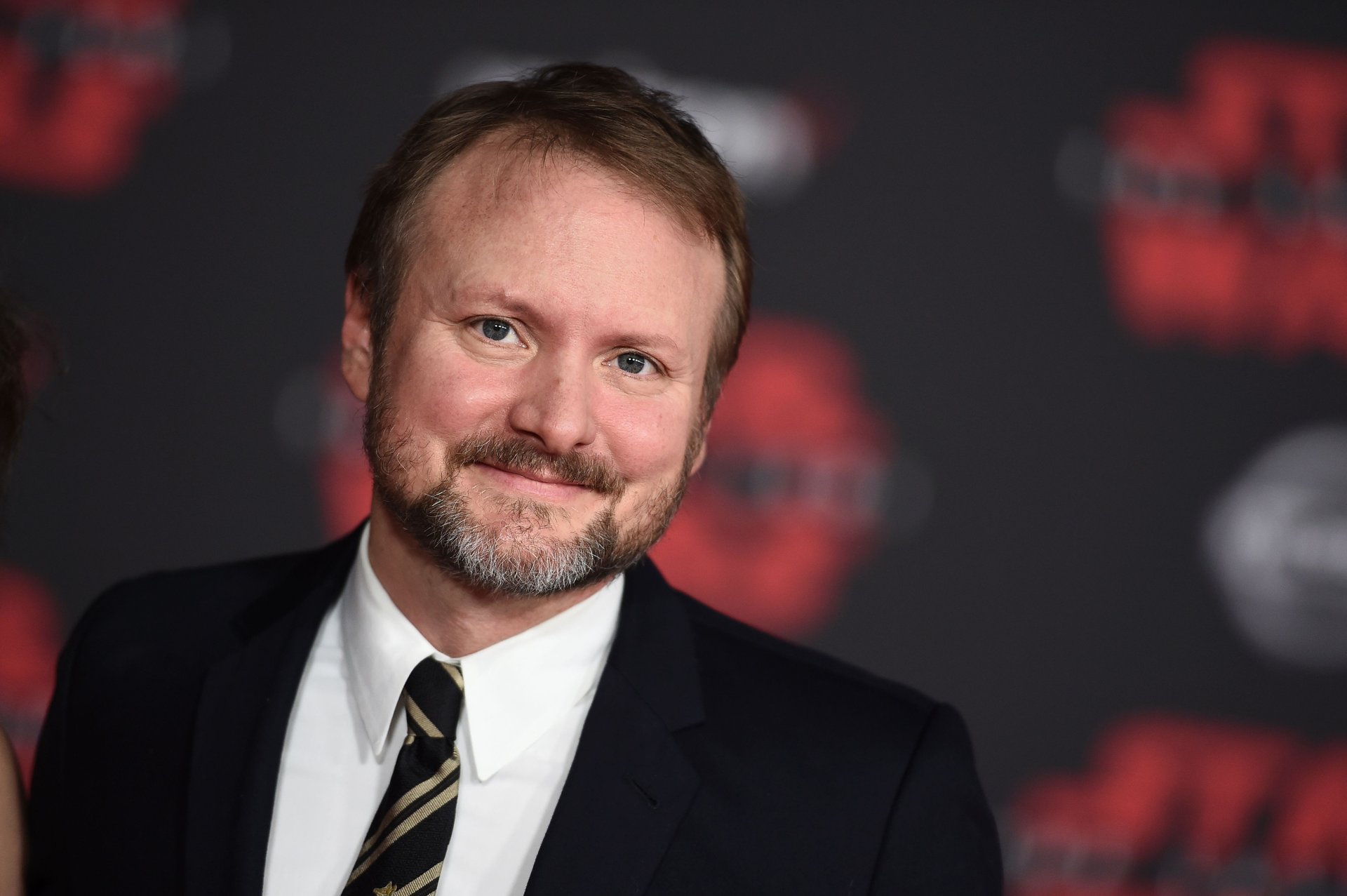Russian trolls instigated some of the uproar against “The Last Jedi,” study suggests
The Last Jedi was nearly as polarizing for Star Wars fans as the 2016 US presidential election was for Americans.


The Last Jedi was nearly as polarizing for Star Wars fans as the 2016 US presidential election was for Americans.
Now it appears some of the negative backlash against the Star Wars film—specifically the online response aimed at director Rian Johnson—may have been instigated by bots and trolls seizing on Twitter, a new academic study suggests (download required). Johnson was expected to develop a new trilogy of Star Wars films, but no updates have been given since The Last Jedi made its tepid debut.
The study, conducted by Morten Bay, a research fellow at the USC Annenberg’s Center for the Digital Future, analyzed tweets that directly addressed Johnson to get a better sense of what drove the negative response on social media. Bay studied 967 public tweets sent to the director’s Twitter handle, @rianjohnson, between mid-December 2017, when the film was released, and July 2018. If an account expressed the same opinion in multiple tweets, it was only counted once. (That eliminated about 300 tweets; 1,273 were collected in total.)
Roughly 200, or 20%, of the tweets overall were negative. About half of those negative tweets appeared to be from accounts that were politically motivated or were not human. Bay identified 44 accounts run by bots, fake accounts, or trolls attempting to manipulate fans, including 16 accounts that matched several characteristics of Russian troll accounts. Bay used the online response to The Last Jedi to examine how political influence through manipulation of social media has spread beyond political debate to pop culture.
In one example, an account created in January 2017—which had an auto-generated user name with patterns followed by other Russian trolls, no profile photo, and no personal information—tweeted almost exclusively with negative comments about The Last Jedi leading up to the movie’s home video release and the release of Solo: A Star Wars Story. Many of the tweets have since been deleted.
Another 61 accounts studied appeared to be motivated by political agendas. Many railed against “social justice warriors,” a pejorative term that refers to people who promote equality of gender, racial, and sexual orientation. Separately, one of the stars of the film, Asian-American actress Kelly Marie Tran, quit Instagram because of bullying earlier this year.
To be sure, “there are also a substantial number of fans who simply think The Last Jedi is a bad film and who use social media to express their disappointment,” the report said. Some people just couldn’t get on board with how things ended for Luke Skywalker, among other legitimate complaints about the film.
But the report supports the theory that some of the uproar against The Last Jedi was at least amplified by the politically charged environment at the time it was released. Some fans complained about the diverse cast. Others seemed to expect the film to be politically neutral even though the franchise has always been somewhat politically charged.
Last year, a Facebook account that opposed the direction Disney had taken its Star Wars and Marvel franchises also claimed responsibility for destroying the movie’s audience score on Rotten Tomatoes. The audience score was wildly at odds with the score from film critics, who reviewed the film quite positively overall. The Facebook account, which has since been removed, claimed to have created bot accounts to give the movie low ratings on the movie-review aggregation site.